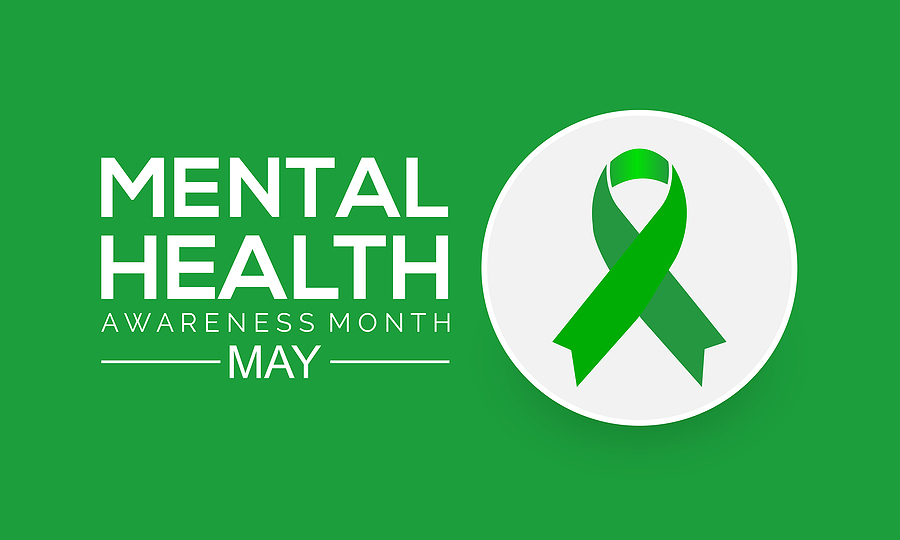How often do you read your horoscope?
Although I don’t read mine often, my mom swears I will be a Gemini forever.
Geminis are curious, have a variety of interests and are good at communicating. Geminis are also quick, clever, impulsive and crave novelty, which means they grow bored easily.
“Don’t worry, honey, you’ll always be a Gemini, no matter what,” my mom tells me. “Those characteristics describe you perfectly.”
Why were my mom and I even talking about horoscopes at all, or that I will always be a Gemini? Well, if you haven’t heard, a Minnesota astrologist, Parke Kunkle, has found a new sign in the sky, called Ophiuchus, the serpent holder.
A Minnesota astrologist claimed there was a new astrological sign, but other astrologists have since rebutted his claim.
After this began to get media attention, people were in a huff—no one wanted to change their signs.
Turns out, there are actually two different types of astrology: the sidereal variety that does take the position of the stars into account, and the tropical variety. Most Westerners use the tropical variety, which does not use the position of the stars in relation to the planet to determine the astrological signs.
The precession of the Earth, which is the incremental wobbling the Earth does on its axis, is not believed to change the Earth’s relation to the constellations, especially since the constellations had been named and followed for more than 2,000 years.
The Washington Post’s staff writes that the real significance is, “Your sign doesn’t change when the Earth wobbles.”
Most astrologists would agree that Kunkle’s theory doesn’t have merit, meaning that there are only 12 astrological signs, and no one’s sign will change.
So I am a Gemini, and always will be a Gemini, no matter what an astrologist in Minnesota says.




